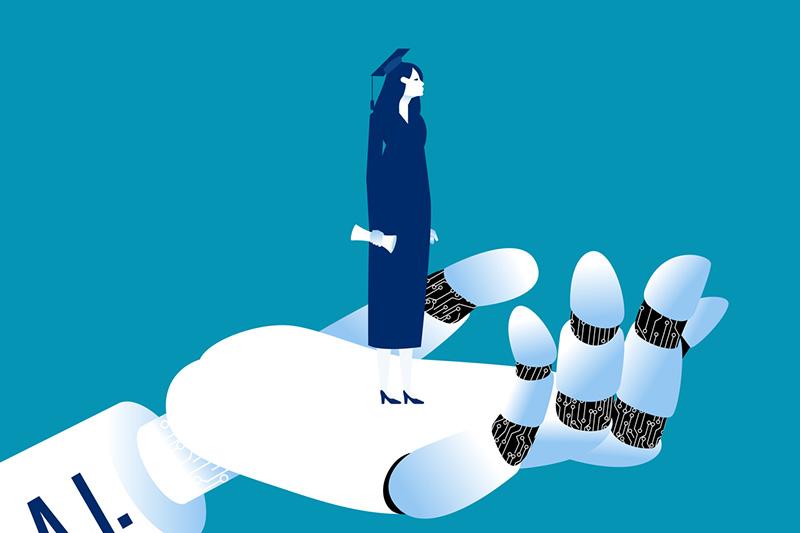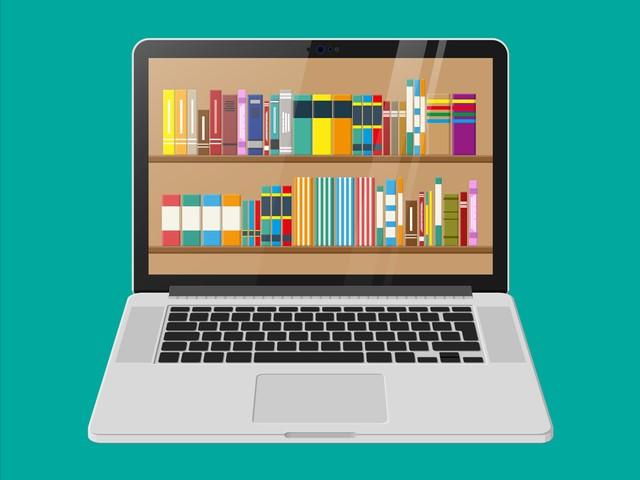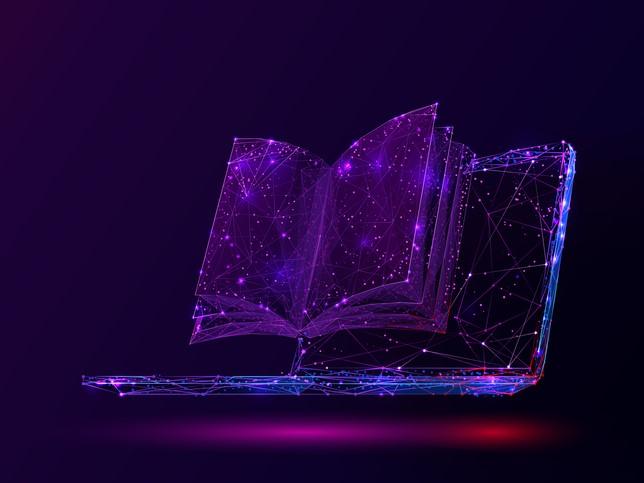When generative AI (GenAI) moved from a niche specialism to easy-to-access tools that had the potential to disrupt how we all learn, teach and assess, anxiety understandably grew across higher education. But although technologies such as ChatGPT were new, the underlying challenges weren’t unfamiliar.
Our Learning and Teaching Development Service (LTDS) was at the centre of Newcastle University’s institutional response, and it quickly reached out to the Library, recognising that – as the information professionals – librarians could help.
Is AI literacy an information skill?
We talk about many types of literacy in higher education – academic, digital, assessment. All of them articulate the competencies students need to succeed in education and their future careers. The core literacy for librarians is information literacy, which focuses on the need to find and critically evaluate information from a wide variety of sources, from books and articles to web pages and academic databases. With GenAI being used more and more as a research tool, these information skills are increasingly vital.
- Resource collection: AI transformers like ChatGPT are here, so what next?
- Read more: how can we teach AI literacy skills?
- THE Awards 2024 spotlight: learn from the best in UK and Irish higher education
At the heart of our library’s approach to information literacy is our Student Skills Framework. This model, and the analytical approach it recommends, helps inform our skills teaching and encourages students to develop a questioning mindset when handling information. GenAI as a new information source was a natural extension to this framework, with many of the skills needed to critically evaluate outputs intersecting with our understanding of information literacy. The discovery of Georgia Tech’s AI Unplugged research team and AI competencies described by Davy Tsz Kit Ng, of the University of Hong Kong et al reinforced our confidence that there was a clear synergy in terms of criticality: making judgements, seeking evidence and using it to make informed decisions.
Is AI literacy teachable?
Newcastle University’s librarians work closely with academic colleagues to embed tailored information skills within the curriculum, in context, where they are meaningful for students and have the most impact. We were therefore well placed to weave aspects of AI literacy into our teaching. For example, we expanded teaching sessions on evaluating information and fake news to include AI “hallucinations”, bias and ethics. When coupled with a self-developed AI for Learning course teaching students about AI, its capabilities, limitations and the art of effective prompting, these in-context sessions provided students with a practical – and discipline-specific – introduction to AI literacy.
Although successful as an approach, our longer-term aim is to shift to integrating AI competencies more widely across the curriculum. Rather than focusing on “how to do” AI via discrete learning opportunities, we will seek to embed AI skills alongside core knowledge and learning outcomes. Colleagues should embrace the opportunities provided by AI in teaching, learning and assessment, and students should be given the opportunity to develop their skills in practical, embedded and subject-specific ways.
Who should teach AI literacy?
Information literacy is very much the expertise of librarians. AI literacy, on the other hand, overlaps with the responsibilities of many other services within higher education: IT, academic development, digital education, careers. As each has a different focus, the danger is that none will step up to the challenge.
AI literacy development is a shared responsibility. This is where partnership approaches like that taken at Newcastle are recommended. Our library and LTDS have worked closely with other services to ensure that we have taken a joined-up approach to student and colleague upskilling.
Has AI changed our relationship with information?
AI has dominated recent conversations about the future of teaching and assessment within the university, including how and where we draw the line between acceptable and unacceptable use. While this is a conversation that the library is a key and willing part of, AI literacy presents distinct challenges for us as professionals, including the impact on information discovery.
GenAI is excellent at providing answers. Freely available tools are easy to use and remove the need to search for or gather together information, but these are not without their (well-documented) problems. However, mainstream search engines and academic databases are now also integrating AI features into their core offering, allowing users to bypass the need to find, read and evaluate information sources for themselves. This moves all of us – students and researchers alike – from a position of information seeking to information consuming, relying on and accepting AI outputs as fact. While these features can greatly speed up research, and even lead us in novel directions, this puts us at risk of working within an information echo chamber.
Indeed, when presented with information in an easily digestible format, drawn from authoritative sources, it is tempting to accept that the AI knows best. It knows what information we need, and outputs provide the answer we seek. However, if we allow ourselves to be guided solely by the AI, we may stop looking beyond to find differing perspectives or supporting information. There is a real danger that information the AI algorithms aren’t trained on or don’t see as important or useful will be lost. We may even fail to develop the human skills so important to learning and knowledge-building.
This brings us back to the importance of critical thinking, not just for our students, but for the whole higher education community. We need to focus on questioning and critical judgement so we can better understand generated outputs and, more importantly, identify those moments where we need to step away from the AI and let the human take over.
Emily Dott is an academic liaison librarian in Newcastle University Library, and Terry Charlton is the learning enhancement and technology team manager in the Learning and Teaching Development Service, both at Newcastle University.
Newcastle University was shortlisted in the Outstanding Library Team of the Year category in the 2024 THE Awards. A full list of nominees can be found here.
If you would like advice and insight from academics and university staff delivered direct to your inbox each week, sign up for the Campus newsletter.




comment